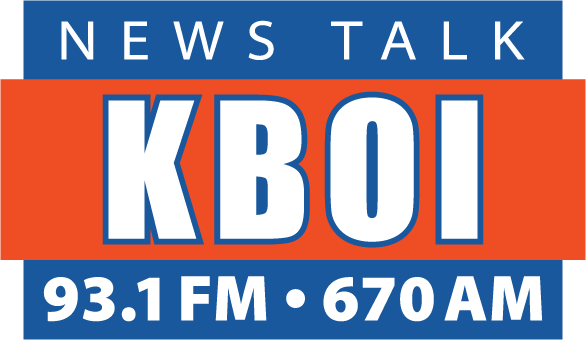Government is an over-achiever in collecting taxes on nearly everything we do. It’s hard to imagine anything in our everyday life that is not taxed. We are taxed for our homes, our property, our cars, our purchases, our earnings, our investments, and even after death.
This year Idaho has a great opportunity to eliminate taxes in one giant area of our lives, everyday food purchases. And the bonus, it’s entirely feasible and easy to do. The legislature and the governor have been promising and promising to eliminate the tax on groceries for years, now it’s time to get it done.
This week I am introducing a comprehensive bill to remove sales taxes on food purchases, food that sustains our families. Idaho families deserve meaningful tax reform and it doesn’t make sense to tax food. The grocery tax repeal as it’s called will not strain the budget by a single penny and it will restore fairness and efficiency to Idaho’s tax structure.
The budget stays intact because the elimination of the grocery tax will reduce tax collections by some $64 million, but the Tax Relief Fund started last session will easily have enough funding to replace the lost collections, it’s on track to have over $70 million this fiscal year. Using the Tax Relief Fund dollars means that Idaho can sustain its investments in schools, roads, and other key programs. Let’s emphasize that point; no government agency budgets will be impacted.
Here’s why the grocery tax repeal (GTR) bill is so important to Idaho businesses and families.
GTR helps Idaho businesses in our border communities. Currently, many Idahoans flock to neighboring states to buy food. They take their money elsewhere because none of our neighbor states fully tax food: Oregon, Wyoming, Montana, Nevada, and Washington don’t tax groceries at all, and Utah taxes food at a reduced rate. Idaho grocers will benefit from GTR.
The current grocery tax credit system is clunky and makes little sense, because it requires people to pay sales tax on groceries throughout the year and then to file income tax forms to get their money back – not good policy. Even worse, it’s not necessarily the same amount coming back. Some families receive credits lower than their food bill and some more. It’s simply not fair.
We should consider low-income families too. Some of them, currently on food stamps, don’t pay taxes because food bought with federal aid is not taxed. So, in our grocery tax system, the working poor who are not on food stamps are at a disadvantage relative to those on food stamps. Again, not fair.
The clunky grocery credit system requires the elderly and those who don’t normally file income tax forms, to have to file forms to get the credit. It would have been better for them if they never had to pay the tax to begin with.
Recall back in 2017, when the legislature actually passed GTR, then-Governor Otter vetoed it. Then, last year, Governor Little said he supported GTR and promised it for 2020. We need to hold him to his word and pass the tax repeal this year.
If you want to join the effort, please email the House Revenue and Taxation Committee at [email protected], or call Chairman Collins, at 208-332-1125 and ask them to give this bill a public hearing.
You can also call House Speaker Bedke at 208-332-1123 to let him know you think the grocery tax credit system isn’t working and GTR is what’s needed.
Rep. Priscilla Giddings
District 7








